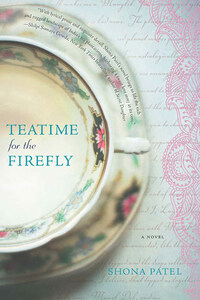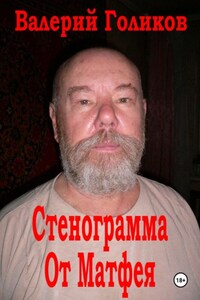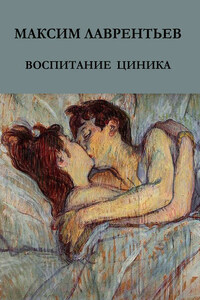My name is Layla and I was born under an unlucky star.
For a young girl growing up in India, this is bad news. But everything began to change for me one spring day in 1943, when three unconnected incidents, like tiny droplets on a lily leaf, tipped and rolled into one. It was that tiny shift in the cosmos, I believe, that tipped us together—me and Manik Deb.
Layla Roy has defied the fates.
Despite being born under an inauspicious horoscope, she is raised to be educated and independent by her eccentric grandfather, Dadamoshai. And, by cleverly manipulating the hand fortune has dealt her, she has even found love with Manik Deb—a man betrothed to another. All were minor miracles in India that spring of 1943, when young women’s lives were predetermined—if not by the stars, then by centuries of family tradition and social order.
Layla’s life as a newly married woman takes her away from home and into the jungles of Assam, where the world’s finest tea thrives on plantations run by native labor and British efficiency. Fascinated by this culture of whiskey-soaked expats who seem fazed by neither earthquakes nor man-eating leopards, she struggles to find her place among the prickly English wives with whom she is expected to socialize, and the peculiar servants she now finds under her charge.
But navigating the tea-garden set will hardly be her biggest challenge. Layla’s remote home is not safe from the powerful changes sweeping India on the heels of the Second World War. Their colonial society is at a tipping point, and Layla and Manik find themselves caught in a perilous racial divide that threatens their very lives.
CHAPTER 1
My name is Layla and I was born under an unlucky star. The time and place of my birth makes me a Manglik. For a young girl growing up in India in the 1940s, this is bad news. The planet Mars is predominant in my Hindu horoscope and this angry red planet makes people rebellious and militant by nature. Everyone knows I am astrologically doomed and fated never to marry. Marriages in our society are arranged by astrology and nobody wants a warlike bride. Women are meant to be the needle that stitches families together, not the scissors that cut.
But everything began to change for me on April 7, 1943.
Three things happened that day: Boris Ivanov, the famous Russian novelist, slipped on a tuberose at the grand opening ceremony of a new school, fell and broke his leg; a baby crow fell out of its nest in the mango tree; and I, Layla Roy, aged seventeen, fell in love with Manik Deb.
The incidents may have remained unconnected, like three tiny droplets on a lily leaf. But the leaf tipped and the drops rolled into one. It was a tiny shift in the cosmos, I believe, that tipped us together—Boris Ivanov, the baby crow, Manik Deb and me.
It was the inauguration day of the new school: a rainy-sunshine day, I remember well, delicate and ephemeral—the kind locals here in Assam call “jackal wedding days.” I am not sure where the saying comes from, or whether it means good luck or bad, or perhaps a little bit of both. It would seem as though the sky could not decide whether to bless or bemoan the occasion—quite ironic, if you think about it, because that is exactly how some people felt about the new English girls’ school opening in our town.
The demonstrators, on the other hand, were pretty much set in their views. They gathered outside the school gates in their patriotic white clothes, carrying banners with misspelled English slogans like: INDIA FOR INDANS and STOP ENGLIS EDUCATON NOW.
Earlier that morning, my grandfather, Dadamoshai, the founder of the girls’ school, had chased the demonstrators down the road with his large, formidable umbrella. They had scattered like cockroaches and sought refuge behind the holy banyan tree.
“Retarded donkeys! Imbeciles!” Dadamoshai yelled, shaking his umbrella at the sky. “Learn to spell before you go around demonstrating your nitwit ideas!”
Dadamoshai was an advocate of English education, and nothing irked him more than the massacre of the English language. The demonstrators knew better than to challenge him. They were just rabble-rousers anyway, stuffed with half-baked ideas by local politicians who knew what to rail against, but not what to fight for. Nobody wanted to butt heads with Dadamoshai. He had once been the most powerful District Judge in the state of Assam. With his mane of flowing hair, his long sure stride and deep oratorical voice, he was an imposing figure in our town, and people respectfully stepped aside when they saw him coming. To most people he was known simply as the Rai Bahadur, an honorary title bestowed on him by the British for his service to the crown. There was even a road named after him: the Rai Bahadur Road. It’s a very famous road in our town and anybody can direct you there, yet it appears unnamed on municipal maps because it does not lead to any place and dead-ends in a river over which there is no bridge. The Rai Bahadur Road is just that: a beginning and an end unto itself.














